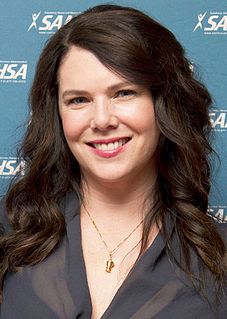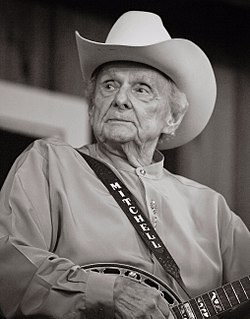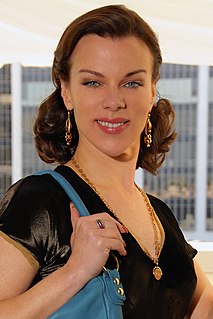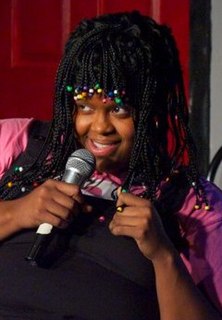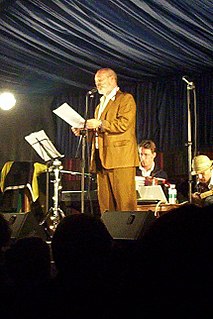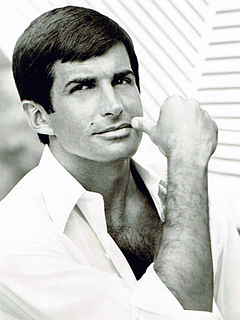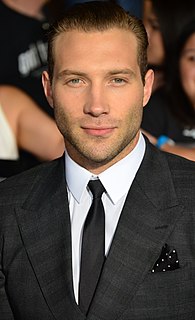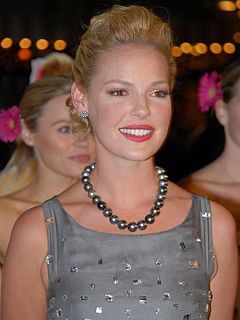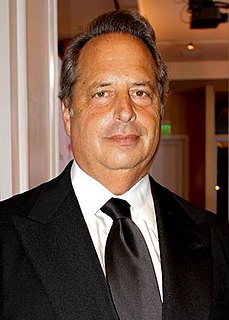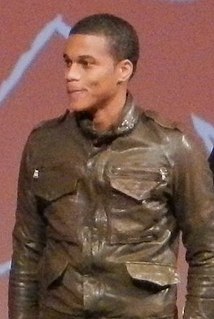A Quote by Lauren Graham
My mother had lived in London since I was little, so she never got to see my school plays and stuff.
Related Quotes
My first banjo? My mother's sister, my aunt, lived about a mile from where we did, and she raised some hogs. And she had - her - the hog - the mother - they called the mother a sow - of a hog. And she had some pigs. Well, the pigs were real pretty, and I was going to high school and I was taking agriculture in school. And I sort of got a notion that I'd like to do that, raise some hogs. And so my aunt had this old banjo, and my mother told me, said, which do you want, the pig or a banjo? And each one of them's $5 each. I said, I'll just take the banjo.
My mother was Welsh and I loved going to Wales every summer, where Uncle Les had a farm. My mother had seven brothers and a sister and they were all very close. There would always be food on the table and uncles coming in and out. My father's family were English and lived in London, and we didn't really see them.
And as you got older, the training became more developed and precise. We did plays, we had voice classes with great dialect coaches. But I was never into it on a school level; it was this kind of private little thing I did. At school I was a rugby guy. At school I was a rugby guy. I was causing trouble with my mates and skating and tagging buildings, and smoking bongs.
...since I was a little boy, she had always wanted me to go. She was always sending me off on a bus someplace, to elementary school, to camp, to relatives in Kentucky, to college. She pushed me away from her just as she'd pushed my elder siblings away when we lived in New York, literally shoving them out the front door when they left for college.
